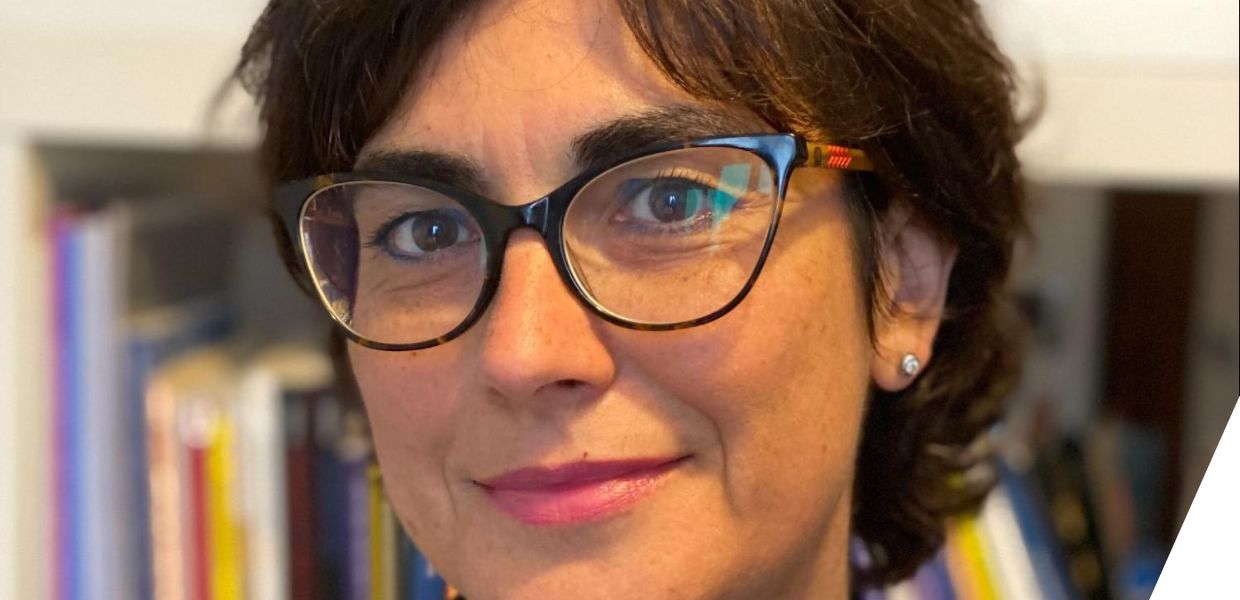How did you enter your profession?
I have a PhD in archaeology, and have been working with and for GLAM institutions for over 10 years. I am currently a researcher in librarianship and archiving at the Department of Historical Studies of the University of Turin. I deal with digitisation, digital strategies and accessibility.
Since 2016 I have been the coordinator of the digital technologies commission of ICOM Italia and since 2022 I have also been a board member. I am general secretary of AVICOM.
What are you currently working on?
My research project 'Models of representation and communication of cultural heritage: innovation, sustainability, participation' starts from the comparative analysis of the standards and formats related to the management of cultural heritage objects. The project analyses the relationships between the models of documentary representation in the archival, bibliographic, museum fields and advanced digital technologies, including Artificial Intelligence. The goal is to promote understanding of the dynamics of interaction in Digital Libraries, and ensure that the reuse of data and crowdsourcing is seen as an innovative and sustainable tool for an inclusive dissemination and communication of cultural heritage.
What are some of the challenges in your role? What are some of your favourite elements?
The projects in which I work are strongly multidisciplinary and one of the most challenging and interesting aspects is mediating different languages and needs in order to be able to create a good, sustainable and accessible project. My training as an archaeologist has also favored the development of interdisciplinary skills that support dialogue and mediation between different disciplines. My University department in Turin, which is also a department of excellence, promotes dialogue and mediation with disciplines and training.
What was your motivation for joining the Members Council?
Being part of the Members Council gives me the unique opportunity to share my experiences on digital strategy and digital accessibility and to be in an environment of dialogue with professionals and experts with whom I can exchange experiences, ideas and work together to support the Europeana Initiative.
What do you plan to do as a Members Councillor?
I will promote the importance of digital inclusion and accessibility through ever greater digital usability and understanding and accessibility of content. The accessibility of content also relates to Open Access and participatory strategies of crowdsourcing, so I hope that with this work we can make citizens increasingly aware and the main players of their own heritage.



